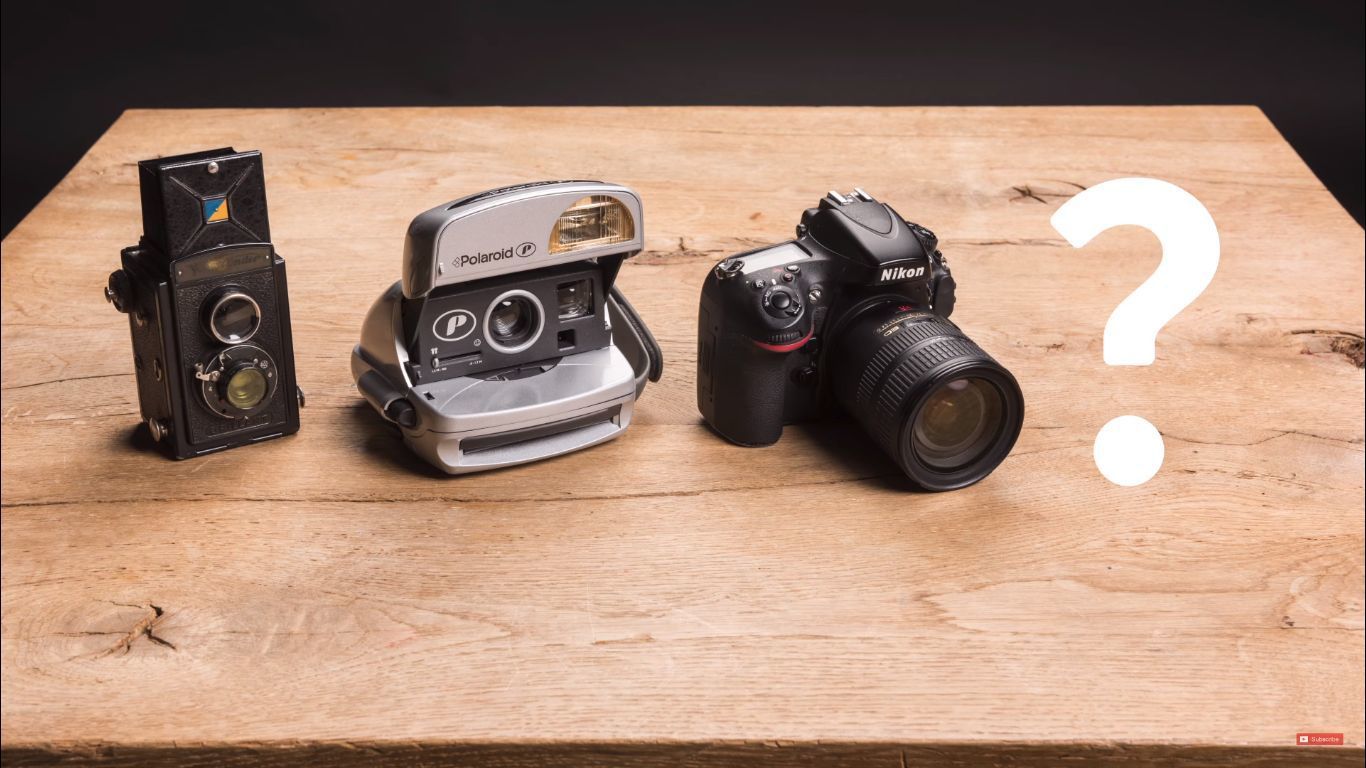Exploring the Future of Photography
Photography, like other artistic industries, is constantly evolving. Throughout history, the photographic world has been changed by the introduction of the Box Brownie, the Polaroid camera, disposable cameras and now smartphones as well.
New technology has always helped to push the craft forward, and this trend will definitely continue into the future as well. Read on to discover what the future holds for photographers and their creative pursuits.
#1: DSLR Will Become Obsolete
The DSLR camera recently celebrated its 18th birthday, and the format has come a very long way over these years. The first DSLR camera to hit the market was the Nikon D1, which boasted a 2.7MP sensor, a maximum ISO of 1600, and a burst rate of 4.5fps. Despite the innovation’s success and its many improvements which followed, it is unlikely that this technology will still be around in another 18 years’ time.
Mirrorless cameras have advanced considerably over the past few years, giving the remaining benefits of DSLR a run for their money. CSCs seem to be the future, as they are smaller, lighter and more portable than their counterparts, albeit that DSLR still offers better image quality. With that said, CSC technology is still very new, and once it improves, it will almost certainly take over the market. Modern CSC cameras have incredible capabilities far greater than anything that DSLR can offer, but it will take the industry some time to switch over.

#2: Smartphones Will Rule the Roost
Digital camera sales are rapidly declining, falling by over 80% since 2010. Compact cameras are becoming particularly obsolete, due in part to the rapid proliferation of smartphones and mobile-based photography apps. The popularity of interchangeable lens cameras has not wavered yet, but if smartphones can adapt and offer interchangeable lenses themselves, this could change the game significantly!
However, improvements in the quality of the photos that smartphones are able to take are contributing to the fast shrinkage of the compact camera market. After all, why would consumers want to carry around multiple devices when one will do the trick?
We suspect that in 10 years’ time, compact cameras will be as outdated as CD Walkmans and pagers. Australian slots games for Android have also moved into the mobile space today, showing that virtually every part of our lives will soon be managed by intelligent tablets and phones.
#3: AI Will Revolutionise Photography
Artificial Intelligence is humanity’s next big frontier. Excitingly, it could even change the way we capture, edit and store our pictures. Cameras already have some degree of AI in the form of automatic exposure and autofocus systems, but over the next few years, we may see true smart cameras that can recognise scenes and subjects automatically and adjust shooting variables accordingly.
Image libraries may also go smart, allowing software to recognise every element of an image and tag it instantly. Facial recognition software could also help photographers to search for specific people and have every shot of them appear, making working life infinitely easier. At the same time, virtual reality could also bring images to life, making photography as immersive for viewers as it is for photographers.

